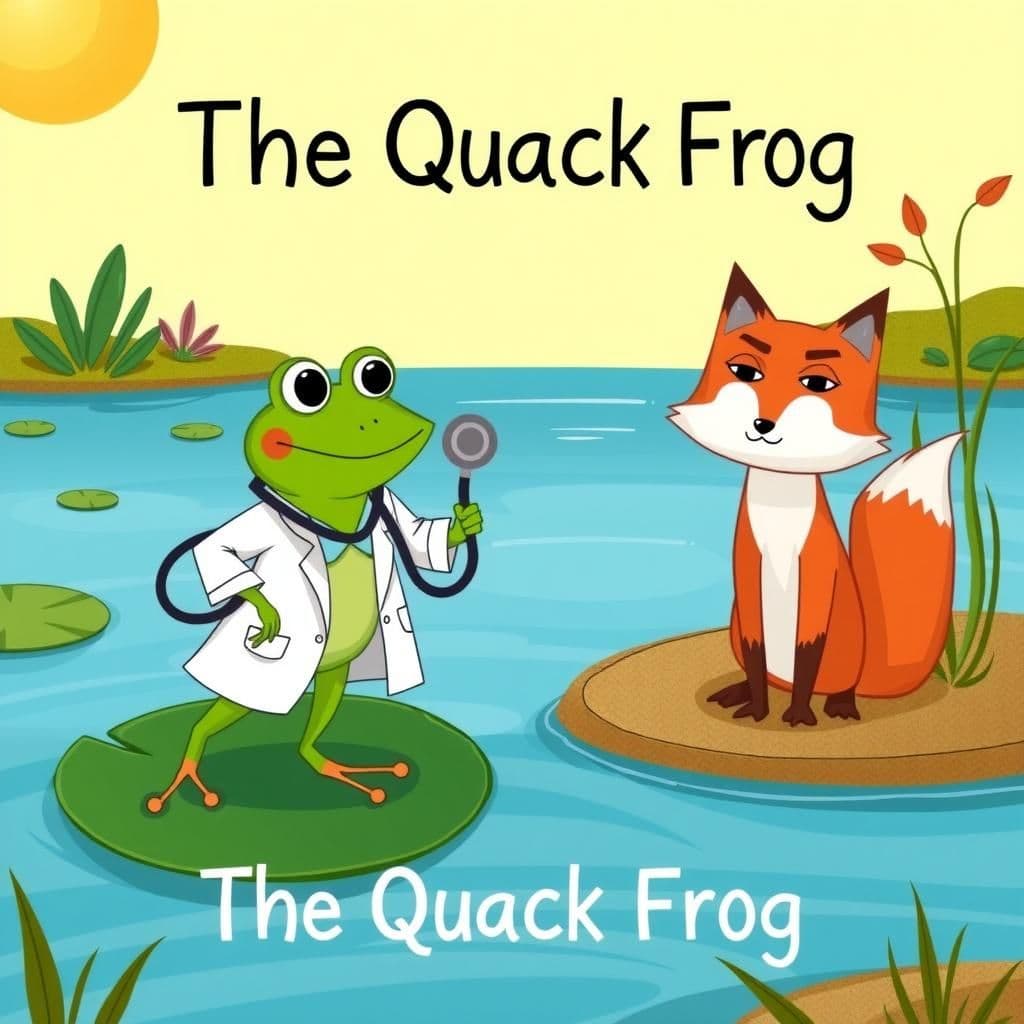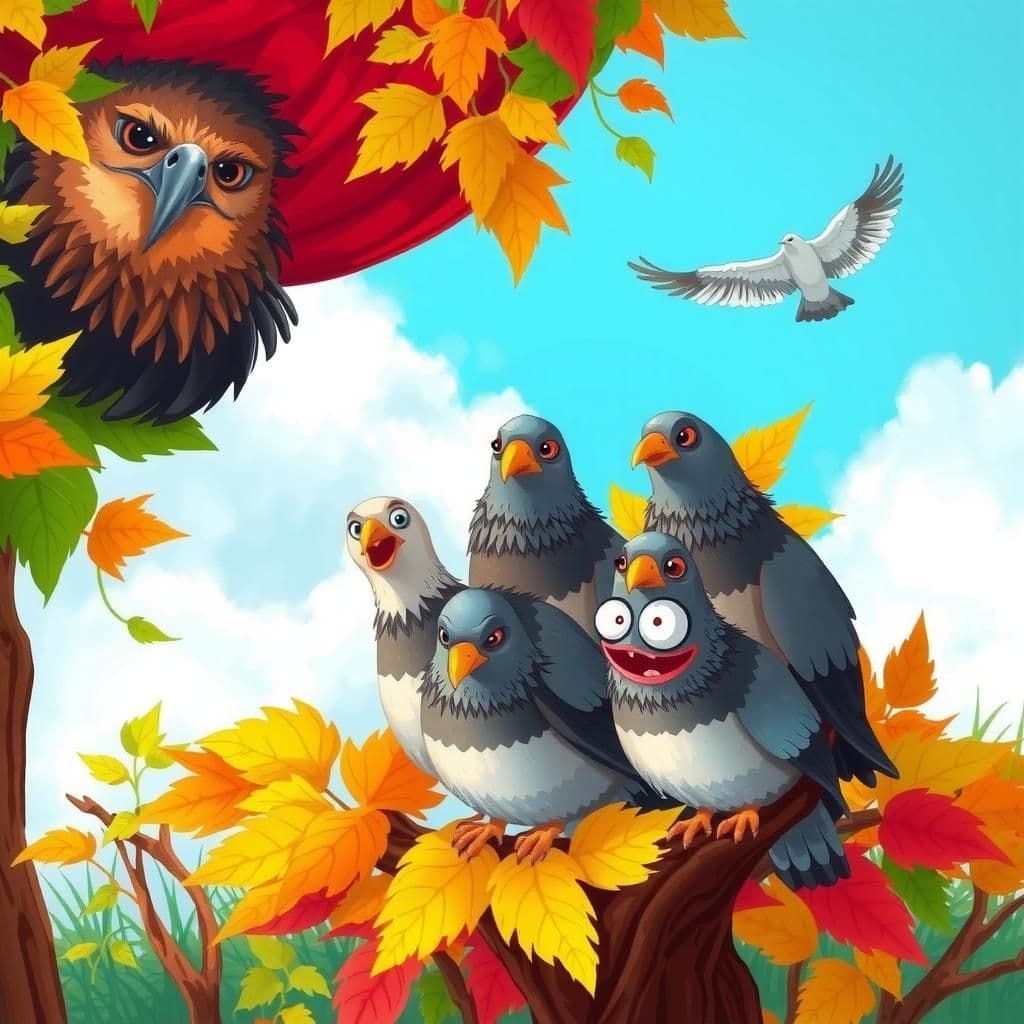The Thistles upon the Grave

Story Summary
In the very short moral story "The Thistles upon the Grave," a Mind Reader wagers that he can be buried alive for six months, using thistles to secure his grave against disturbances. However, after only three months, he emerges to eat the thistles, losing the bet and illustrating the folly of underestimating basic needs. This simple short story serves as a reminder that even the most clever plans can be undone by simple desires, making it a notable example among famous moral stories for class 7.
Click to reveal the moral of the story
The moral of the story is that even the most clever plans can be undermined by basic human needs and instincts.
Historical Context
The story of the Mind Reader echoes themes from various folklore and literary traditions that explore the intersections of deception, trickery, and the supernatural. Similar narratives can be found in European folk tales and cautionary tales that often feature characters testing the limits of human endurance or the consequences of overreaching ambition. This tale's twist ending reflects a common motif in storytelling, where cleverness is outsmarted by the simplicity of nature or human folly, reminiscent of Aesop's fables or the moral lessons found in many cultures' storytelling traditions.
Our Editors Opinion
This story illustrates the idea that even the most seemingly foolproof plans can be undermined by unexpected needs or desires, a lesson that resonates in modern life where overconfidence can lead to failure. For example, a tech entrepreneur might invest heavily in a startup, confident in its success, but neglects basic self-care; ultimately, burnout leads to the collapse of their ambitious project, reminding us that even the best-laid plans must account for personal well-being.
You May Also Like

The Wolf and the Feeding Goat
In "The Wolf and the Feeding Goat," a cunning Wolf attempts to lure a Goat down from her safe perch by boasting about the abundant, albeit misleading, food below. The clever Goat counters his claims by referencing the failed circus-poster crop, highlighting the Wolf's deceptive nature. This captivating moral story serves as an educational reminder of the importance of discernment in the face of temptation and false promises.

The Quack Frog
In "The Quack Frog," a frog falsely claims to be a skilled physician, boasting of his medical expertise to all the animals. However, a skeptical fox highlights the frog's own ailments, teaching young readers a timeless moral about the folly of pretending to have qualifications one does not possess. This short moral tale serves as a valuable lesson learned from stories about the importance of honesty and self-awareness.

The Hawk the Kite and the Pigeons
In the best moral story "The Hawk the Kite and the Pigeons," terrified pigeons seek help from the Hawk to protect them from the Kite, only to discover that the Hawk poses an even greater threat, causing more destruction than the Kite ever did. This animal story with moral teaches children a valuable life lesson: be cautious of seeking remedies that may ultimately be worse than the original problem. Through this folklore and moral story, readers learn the importance of carefully considering the consequences of their choices.
Other names for this story
Mind Games in the Grave, Buried Secrets, Thistles and Mind Tricks, Graveyard Gamble, The Thistle Bet, Six Months Underground, The Mind Reader's Wager, Thistles of Deception
Did You Know?
This story highlights the theme of human resilience and the lengths to which people will go to challenge themselves, even in the face of seemingly insurmountable odds. The Mind Reader's unexpected failure to endure the challenge emphasizes the unpredictability of human nature and survival instincts, showcasing that even the most prepared plans can unravel in surprising ways.
Subscribe to Daily Stories
Get a new moral story in your inbox every day.